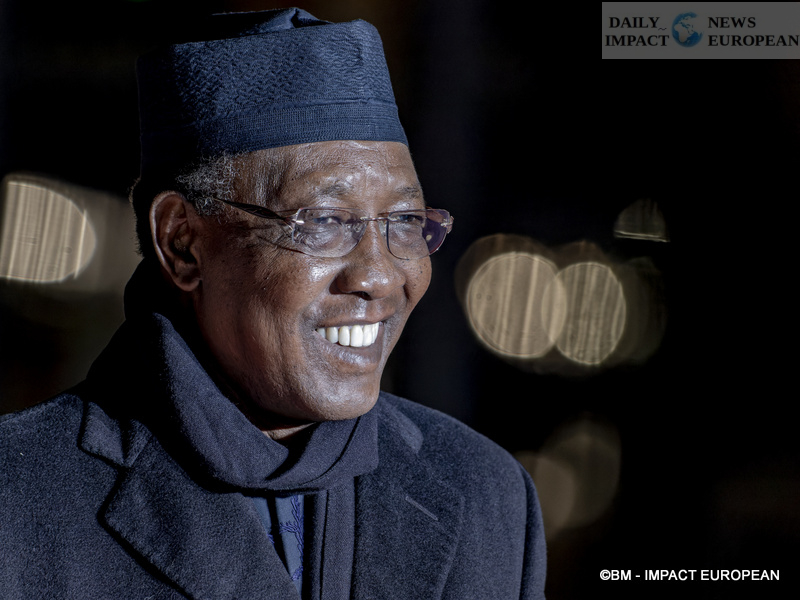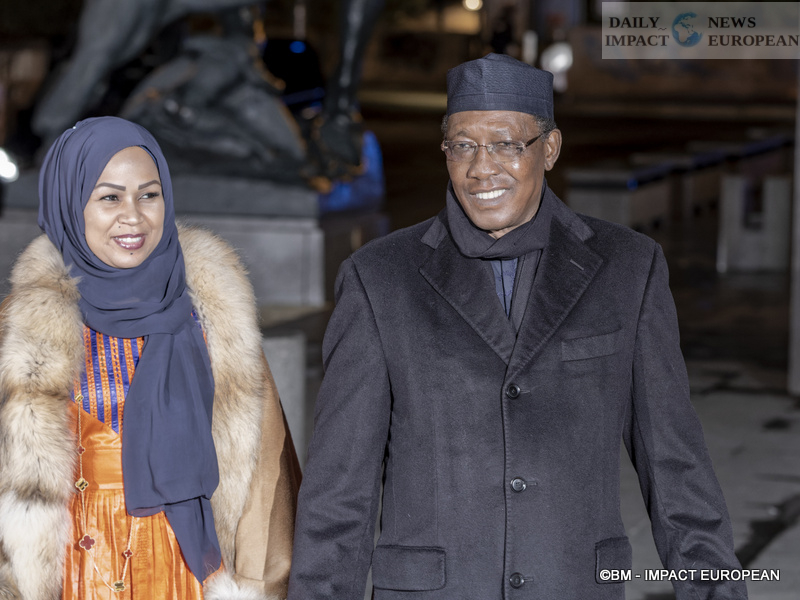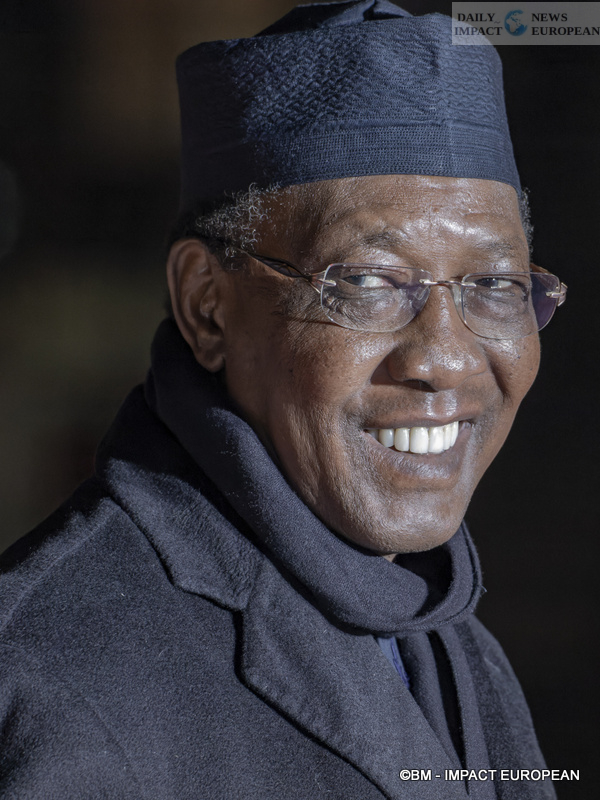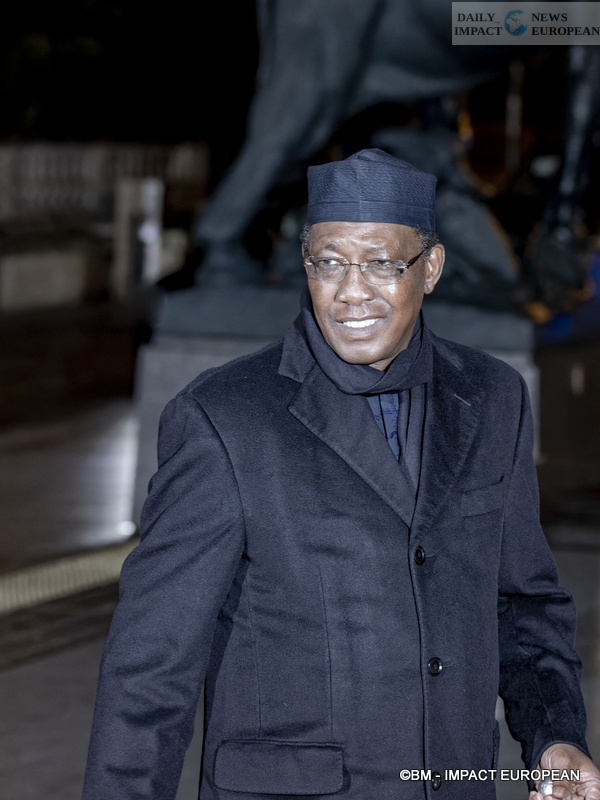A military man and rebel fighter before seizing power in a coup in 1990, he had just been re-elected for a sixth term. A military council headed by one of his sons will replace him.
Chadian President Idriss Déby Itno, in power for thirty years and a key partner of the West against the jihadists in the Sahel, died on Tuesday April 20 after being wounded in combat this weekend, announced the spokesperson for the army, General Azem Bermandoa Agouna, in a statement read on TV Tchad.
A career soldier and rebel fighter before seizing power in a coup in 1990, the 68-year-old had just been re-elected to a sixth term. “The President of the Republic, Head of State, Supreme Head of the Armed Forces, Idriss Déby Itno, has just had his last breath in defending territorial integrity on the battlefield. It is with deep bitterness that we announce to the Chadian people the death on Tuesday, April 20, 2021 of Marshal of Chad, “the statement said.
One of his sons, four-star General Mahamat Idriss Déby, 37, succeeded him on Tuesday as head of a transitional military council made up of fifteen generals he appointed. “Decree No. 1 of the President of the Transitional Military Council (CMT), Mahamat Idriss Déby, designates the fifteen members of the CMT”, we read in this decree, of which Agence France-Presse (AFP) obtained a copy. . In addition to his own, follow the names of fourteen generals known to be part of the circle of followers of the head of state who died the day before.
Mahamat Idriss Déby dissolved the government and the National Assembly. The head of the presidential guard, the regime’s elite unit and praetorian guard, vowed that new institutions would emerge after “free and democratic” elections in eighteen months.
Commander-in-chief of the army under Habré, who would be sentenced in 2016 for crimes against humanity, Déby overthrew the dictator in 1990, arms in hand. Thanks, already, to the support of France. He wielded unchallenged power. It is thanks to the army that this soldier, who went through the French War Academy, established his power. Supervised mainly by officers of her Zaghawa ethnic group and commanded by her relatives, she is considered one of the best in the region.
In power, Idriss Deby willingly reigned through “intimidation” and nepotism, according to his critics. He had placed his family or relatives in key positions in the army, state apparatus or economy, and never left others in place for long. Seventeen prime ministers succeeded one another between 1991 and 2018, before Mr. Déby had this function abolished to take away all the prerogatives of the executive.
His regime is regularly accused by international NGOs of violating human rights. This was particularly the case in the 1990s, when its Republican Guard and political police were accused of mass murder.
Only six candidates, out of the sixteen who had submitted their candidacies, were ultimately in contention against Mr. Déby. Political scientists and part of the opposition called them “stooges”. Mr. Déby, promoted to the rank of marshal last August, was finally re-elected with 79.32% of the votes cast, according to provisional results announced Monday evening by the national electoral body.
Assured of winning the presidential election, Marshal Idriss Déby had campaigned mainly on “peace and security”, of which he said he was the architect, in his country but also in a tormented region: Chad, landlocked between Libya, Sudan and the Central African Republic, among others, is a major contributor to the war against jihadists in the Sahel, sending seasoned troops to Mali and sometimes Nigeria.
Ministers and senior officers said on Monday that the head of state visited the front line between his army and a column of rebels who launched an offensive from rear bases in Libya on Saturday and Sunday. of the ballot on April 11.
The rebels, whom the army had claimed to have defeated in the fighting, said in a statement that Idriss Deby had been wounded, but the information had not been confirmed from an official source.
On Saturday, the government said the rebel offensive in Tibesti and Kanem provinces had “ended”. But fighting resumed late Sunday afternoon, according to General Bermandoa.
The Chadian army claimed on Monday that it had killed more than 300 rebels and lost five soldiers in the fighting.




More Stories
Learn to manage your business with Rivalis
Championship / Rugby League: Toulouse Olympique wins against Whitehaven
METAL D’ALCOVE, the workshop of Eric KATZ, lighting sculptor in Montmartre